100% Satisfaction Guaranteed
We offer a total mugshot removal solution to remove your mugshot and arrest details from the internet once and for all.
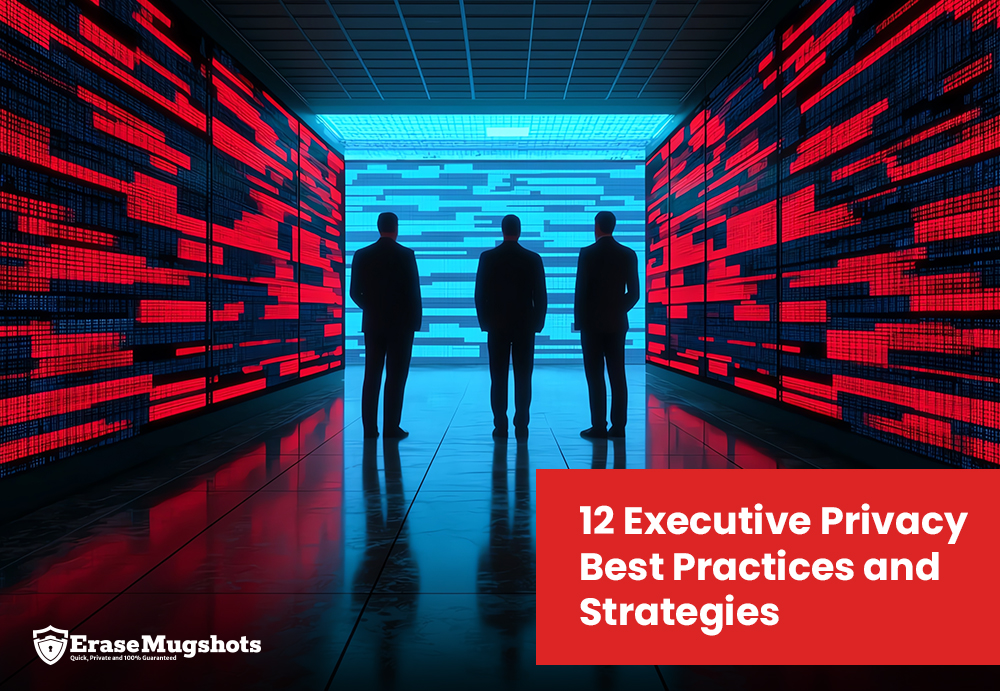
Table of Contents
These executive privacy best practices and strategies can keep VIPs and their family members safe from online and in-person harm.
Today, the digital landscape is constantly changing and evolving, making executive privacy more important than ever before. Corporate leaders should be able to focus on moving their companies forward instead of warding off online threats and real-life physical threats.
In order to protect against cyberattacks, identity theft, reputation damage, and public scrutiny, high-profile corporate executives need to embrace a number of security measures. This is the only way for execs to keep themselves, their companies and their families safe.
To speak with an expert about online privacy, executive protection and protecting your data, call us today at 866-601-6803 .
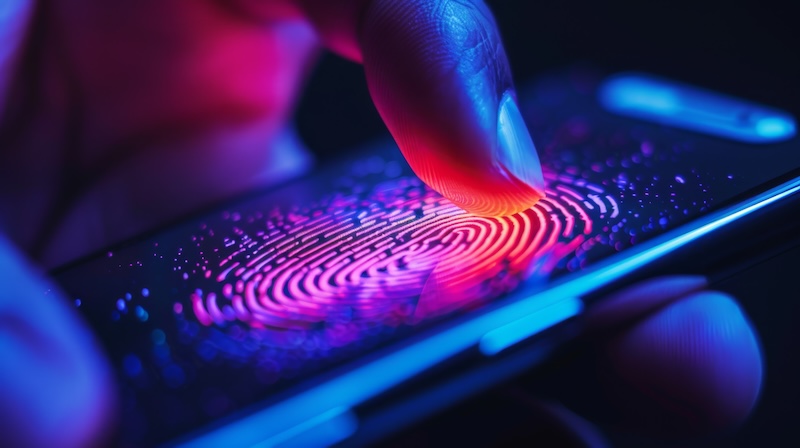
Execs have access to a lot of high-level information, making their digital security extremely important. Here are four digital security measures that are necessary for maintaining executive privacy.
Encrypted email, messaging apps and video calls encode the information that’s shared in a way that only authorized individuals can access the data. Encryption prevents hackers from intercepting and decoding the information.
It’s important to secure business and personal devices, like phones, laptops and tablets, with biometrics and strong passwords. There are various types of biometrics that identify an individual’s identity and grant access to the device, such as facial, fingerprint and voice recognition.
Using VPNs and secure networks protects your online activity, particularly when traveling. Network security biometrics are often used to control access and include iris or voice recognition, hand geometry technology, and even behavioral biometrics that analyze typing and mouse-use patterns.
Two-factor authentication (2FA) ensures that only approved people can securely access certain accounts and devices. This executive protection method requires a person to identify themselves in two different ways before gaining access to an account.
You can speak with an expert in online privacy and executive protection today by calling 866-601-6803 .
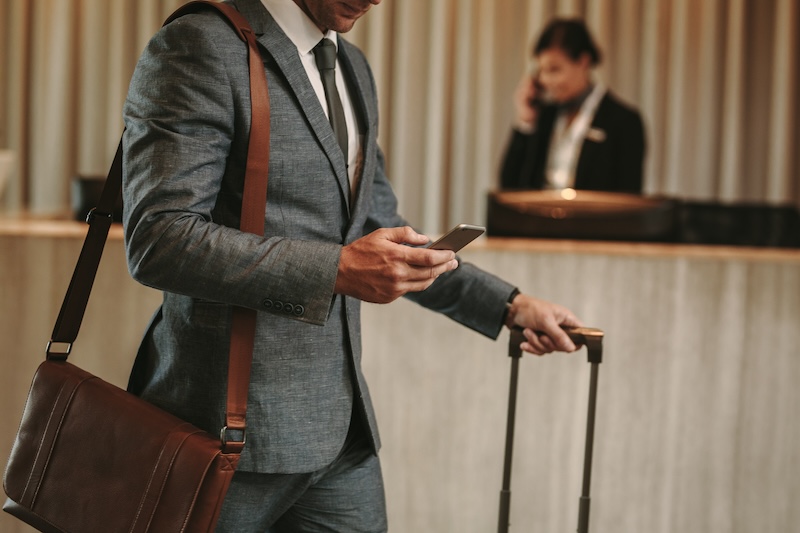
Limiting how much information the public can access about you and your personal life is a cornerstone of executive privacy. These three best practices will keep your most sensitive personal information safe.
It’s necessary to control the media’s narrative by using strategic PR tactics and limiting the information you share in interviews and press releases. There’s a delicate balancing act that executives have to perform in order to be visible enough to instill trust in the public while still protecting their personal information and private lives.
It’s always smart for high-profile executives to keep travel plans confidential for the sake of executive protection. Professional VIPs are often targets for real-life physical threats like kidnapping and stalking, which makes it crucial to have discreet travel plans. Additionally, when an executive travels and the public knows they’re not home, their house can become the target of theft or vandalism.
Executives should consistently manage how much of their sensitive personal information is shared on public platforms. While a public presence is often integral for business success, exposing too much personal or sensitive information can lead to identity theft, harassment or other security issues. It’s best to avoid sharing information related to daily routines, family members, and location.
To discuss your online reputation and security with an executive protection expert, give us a call at 866-601-6803 today.
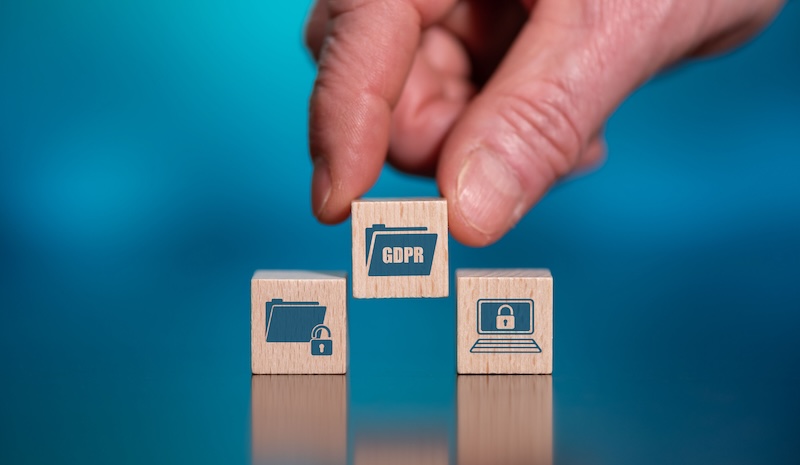
Knowing how your data is protected legally can give you options should that privacy be breached.
Data privacy laws, such as CCPA and GDPR, outline what type of information can be collected and how it’s used, including financial details, personal identification and sensitive corporate data. Understanding these laws makes it easier for executives to exercise control over their data and request removal when it’s being used inappropriately.
By using a Non-Disclosure Agreement (NDA) in business dealings and discussions, you ensure legal protection against your sensitive information being shared. NDAs make it illegal for an employee, business partner or third party to disclose information without your consent.

Physical security can be even more important than digital security, especially when it comes to your family and home life. These in-person executive protection services and strategies can keep you safe from physical threats.
It’s common for high-profile executives to purchase real estate anonymously. By using an LLC or a trust to make the purchase, the executive’s name and other personal information are kept off of public records. Preventing the public from knowing details about your property ownership keeps you more protected against stalking, threats and unwanted attention.
Some executives feel it’s important to hire bodyguards or other personal security personnel for executive protection purposes. This sort of customized and proactive approach to personal security allows the executive to have better control over who has access to them, their surroundings, and even their modes of transportation.
Physical security measures should be used to keep your home and workplace secure, such as:
Home and office security measures allow the executive to focus on their personal and professional responsibilities instead of worrying about their safety.
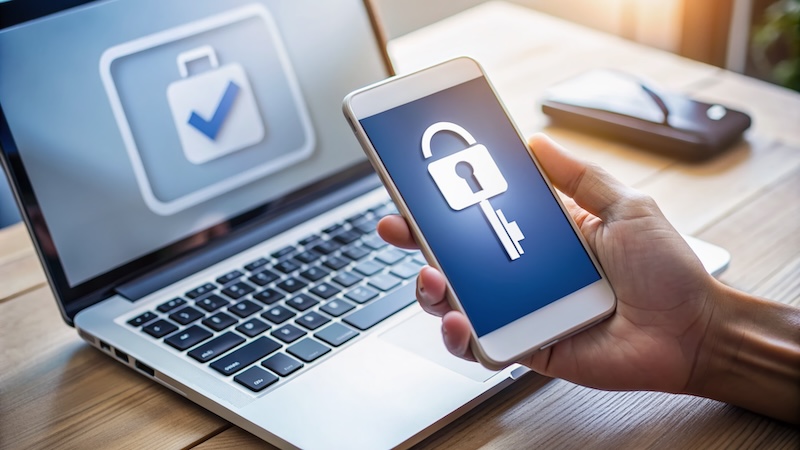
The most important executive protection strategies are:
However, while these are often the most crucial steps to take first and protect against online threats, privacy consultants will use a host of executive protection strategies customized to the client.
Executives can protect themselves from cyber attacks and cyber threats by using strong passwords, only using secure WiFi networks, updating software, and monitoring their online accounts daily.
Social media accounts can pose a big risk to executive privacy because it’s so easy for the public to access personal details about the VIP. Executives should keep separate personal and professional accounts to have better control over what information is shared with different audiences.

Privacy concerns are constantly evolving, and executives need to stay on top of industry changes and executive protection best practices to maintain their privacy and safety. Every aspect of a security plan has to be addressed, including data protection online, in-person safety, and legal compliance.
We can help you create a strategy for keeping your data safe online and protecting your online reputation.
Contact us today at 866-601-6803 to speak with an executive protection expert.
We offer a total mugshot removal solution to remove your mugshot and arrest details from the internet once and for all.